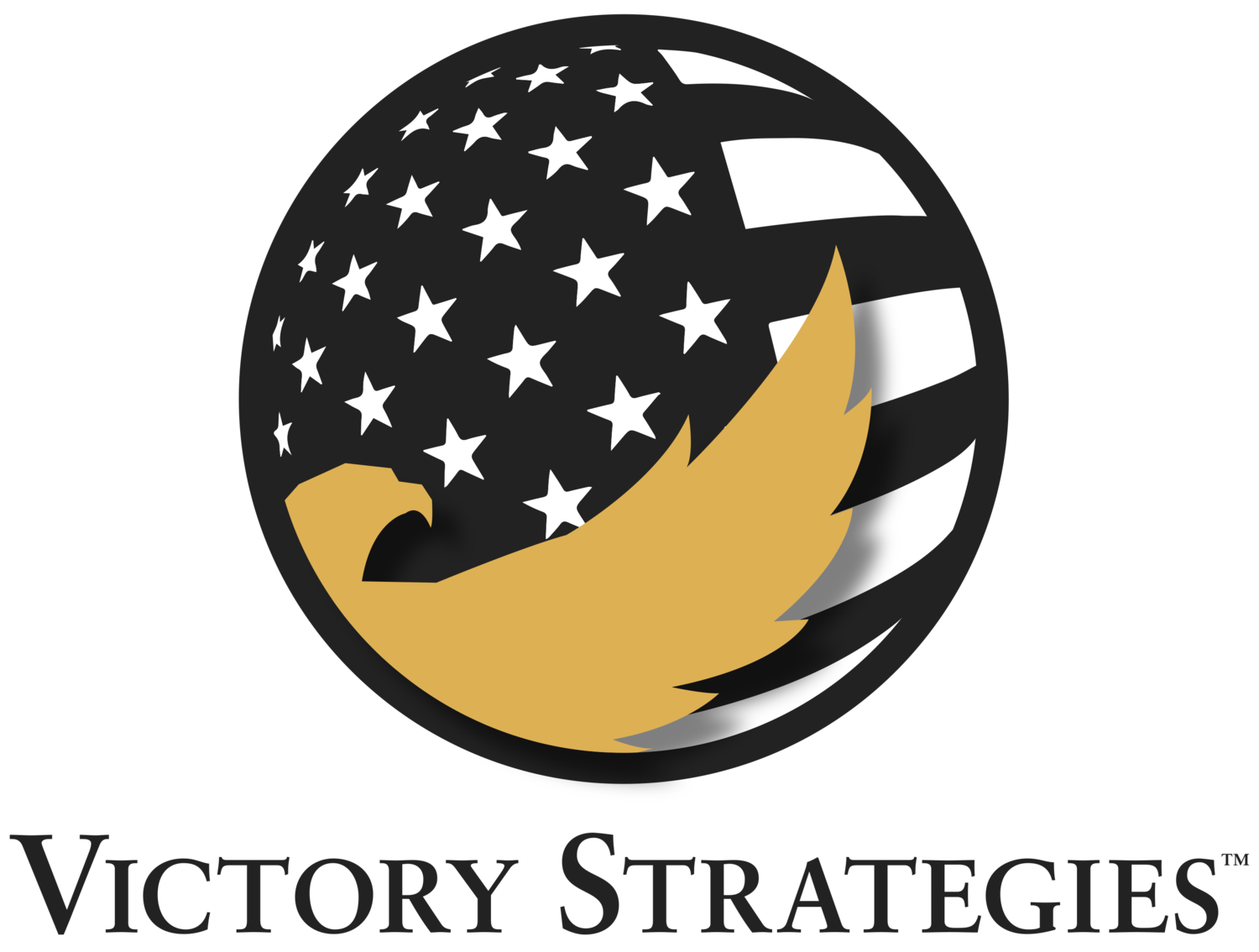I was honored to attend Harvard Business School’s Executive Education Program called the Program for Leadership Development. They advertise this program as their alternative to an executive MBA.
I will very publicly admit, I was the least brightest person in the classroom. Dozens of countries were represented with thought leaders from around the world. Almost every single classmate of mine had 15+ years of business experience and held very impressive positions at their organizations. I on the other hand, had just exited the US military after 6 years of service and had recently launched my leadership development firm, Victory Strategies.
In the latter half of the program, there was a consulting competition amongst different cohorts within the class. Cohorts were broken up into teams and paired with a global organization. Each global organization would have approximately 6 teams competing with one another to solve the global organization’s problem. The global organization had my team and our competing teams a very complex problem and our task was to solve it the best way we believed over the remaining 4 months of the program.
Independently of one another, each team was competing to come up with the best solution for the global organization and at the conclusion of 4 months, we all came together in Boston, MA to present to the global organization our individual proposed solutions and plans.
As the final days were counting down to when my team would present, we completely tossed away our 30 slide PowerPoint with all of the complexities required to show everybody how smart we were and we narrowed it down to less than 8 slides. We identified the Who, What, Where, Why, When, and How. We threw away complexity and replaced it with simplicity.
One by one, each team got up in front of the classroom to present to the global organization. All of our competing teams went through their long, complex, and detailed slide presentations.
And then, we presented.
After all of the teams has presented their plans, the global organization announced my team had been chosen as the winning team.
Here’s my reflections;
1) We knew our audience. The global organization’s representatives did not speak English as their primary language so long and complex English words were not going to work in our benefit.
2) We knew our competition. We knew the competing teams were going to try to outsmart each other with cool looking graphs, projection forecasts, and so many words on a slide my eyes would hurt.
3) Complex does not mean intelligent. What good is a plan if my team members do not understand how to execute it?
Google is one of the largest companies in the world. They are essentially a gateway to the most complex “database” of information available to people. Yet, when you get to their search screen, it has a search bar, white backdrop, and their name. Complex but made so simple.
Are you a brilliant leader with an incredible plan? Congratulations. Now make sure the execution is just as incredible by making it simple to understand.
I gave you the cheat code we all learned in grade school…(Who, What, Where, When, Why, and How).
Authored By: Jacob Werksman, Founder

